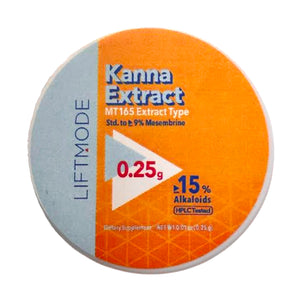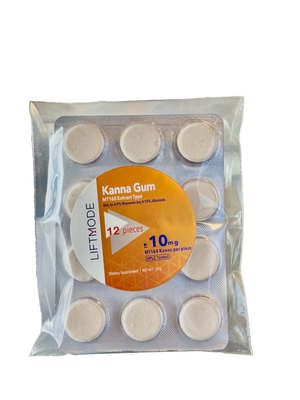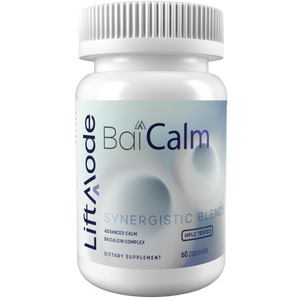A certificate of analysis (COA) is an official quality assurance document that provides information about the identity, quality, and purity of a specific supplement. With dietary supplements becoming more and more popular throughout the world, quality has become even more important.
Without a COA, supplements can be falsely advertised and dosages inaccurately described, meaning you could be taking more or less than the label says. Supplements can also be sold containing other ingredients not listed on the label and may be of a poor-quality standard. As a consumer, it is crucial to know that the product you are buying is shipped with a COA because without one, there is no way of ensuring that what you are buying is actually what you are getting!

What is inside a COA document?
A certificate of analysis (COA) shows the results of scientific tests conducted on a product and will often contain more information than what is seen on the product label. According to the Food and Drug Administration (FDA), COAs must contain specific information including:
- Supplier Information: Information regarding the supplier of the product material, including their name, address, and other contact information.
- Transportation Data: Includes the customer name and address, original purchase order, or other details such as the item’s destination. This content is needed to meet shipping requirements.
- Product Identification: Identifies the product name, item number, lot/batch number, manufacturer, manufacturing date, and expiration date.
- Product type: Verifies the product material; whether the product is powdered, granular, a whole herbal extract or a standardized extract (a product created by extracting specific compounds from a plant).
- Evidence of Conformance: The most important information in the COA which states whether or not the specific product characteristics meet industry standards, regulatory requirements or customer-specific request.
- Signature: A signature indicating that the evidence presented was reviewed by a qualified and authorized product inspector.
Why is the COA document so important?
Before any supplement becomes available to purchase, it is the responsibility of the manufacturers to set their own standards of quality and make sure the product is safe before it is sold. However, this is often not the case and products are put on the market containing harmful impurities or contaminants (hidden ingredients that are added in order to enhance the effect of the supplement).
In the United States, an analysis of 40 dietary supplements found traces of harmful contaminants including lead, arsenic, mercury, cadmium in 93% of supplements tested. In one study, 59% of tested botanical supplements contained plant species not listed on the label and 73% of supplement manufacturers did not meet standard quality regulations.
This is incredibly concerning because supplements may not only interact negatively with other medications you may be taking, but other impurities such as foreign matter, heavy metals, natural toxins, and pesticides can be incredibly harmful to your health!
A COA is therefore crucial for ensuring the safety and quality of the product you are purchasing. A COA confirms that shipped material is clearly and correctly identified and clarified.
Example of a LiftMode Certificate of Analysis

What is Third Party Independent Testing?
Every LiftMode order ships with a Certificate of Analysis (COA) from a 3rd party independent laboratory, to ensure the highest quality for every order.
To determine whether a product is safe, manufacturers generally conduct their own internal testing and control processes, which may increase the risk of invalid and biased testing results. To ensure testing reliability and product safety, companies typically make use of third-party product testing.
Third party product testing is a quality control (QC) process that allows for an independent company (a third party) to test for product quality and safety which ensures that the product does not contain any contaminants, impurities and or misleading information.
Conclusion
The bottom line is: there are many products available today that are low quality and contain misleading information.
These products can be harmful to consume as they may contain higher dosages than on the label and or ingredients not listed on the label.
To prevent this, you should always purchase supplements from companies like LiftMode - we ship all orders with certificates of analysis from a 3rd party independent laboratory.
References
- Starr R. R. (2015). Too little, too late: ineffective regulation of dietary supplements in the United States. American journal of public health, 105(3), 478–485. https://doi.org/10.2105/AJPH.2014.302348
- US Government Accountability Office. (2010) Herbal Dietary Supplements: Examples of Deceptive or Questionable Marketing Practices and Potentially Dangerous Advice. Washington, DC: US Government Accountability Office; pp. 10–662T.
- Quinones RL, Winsor RD, Patino A, Hoffman P. (2013) The regulation of dietary supplements within the United States: flawed attempts at mending a defective consumer safety mechanism. J Consum Aff. 47(2):328–357. https://doi.org/10.1111/joca.12012
- Tang. S (2005) The Importance of a Trustworthy Certificate of Analysis. Accessed 7 October 2021 at: https://www.nutritionaloutlook.com/view/cbd-s-legal-future-in-the-u-s-purgatory-or-promise





